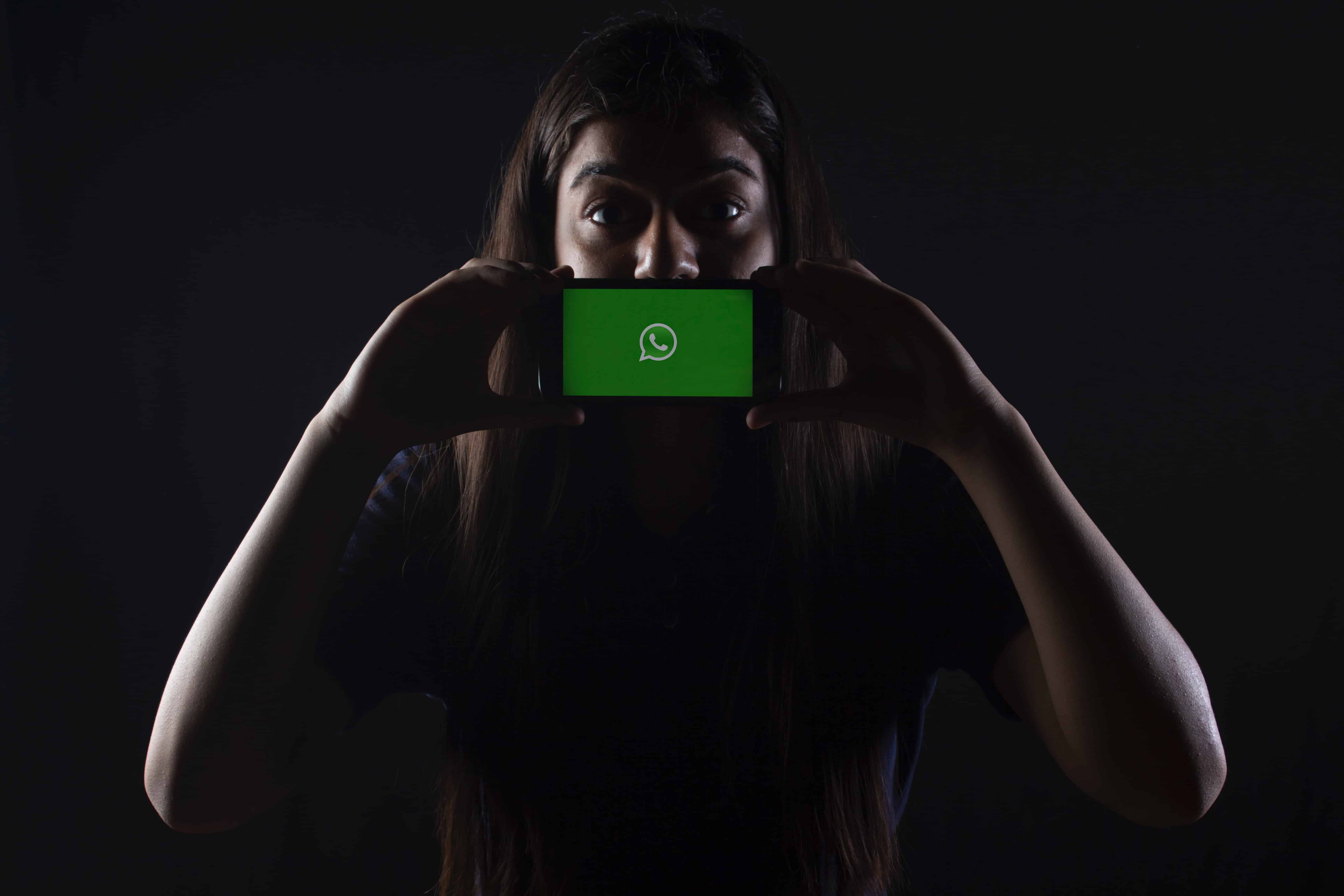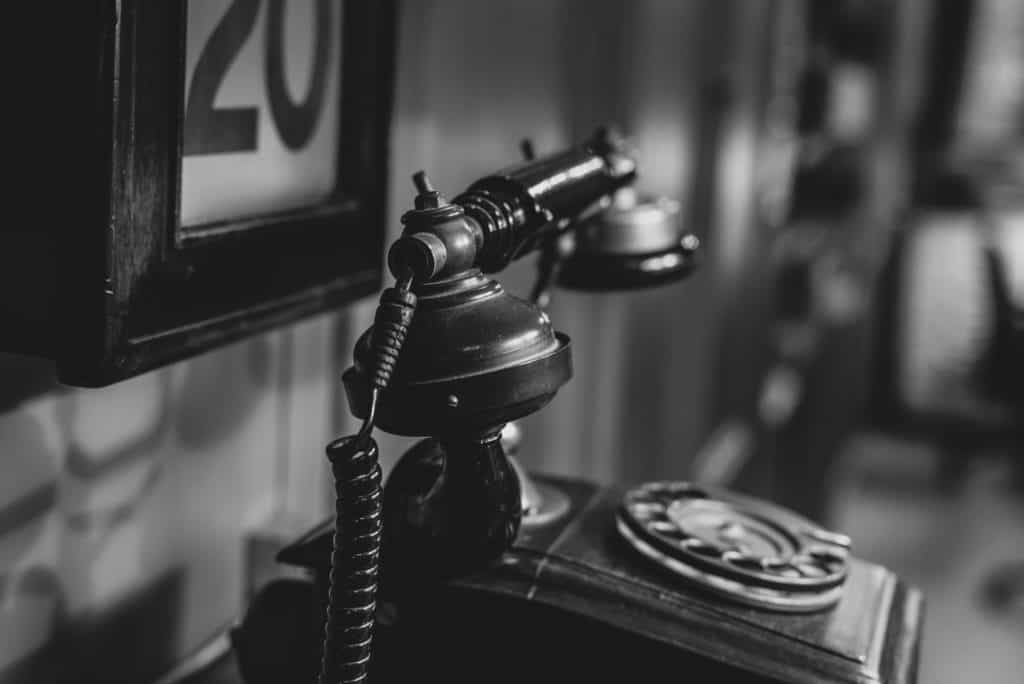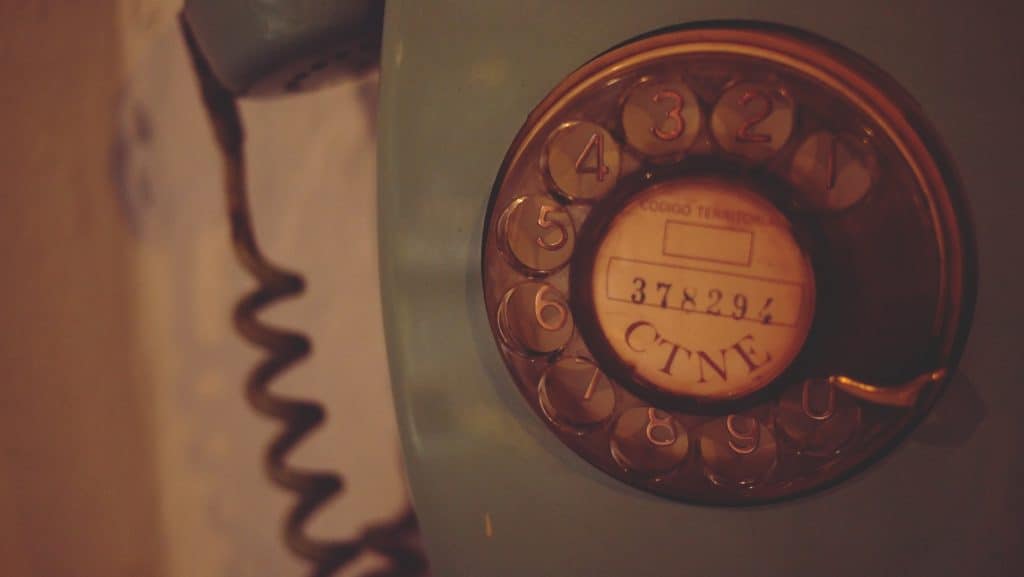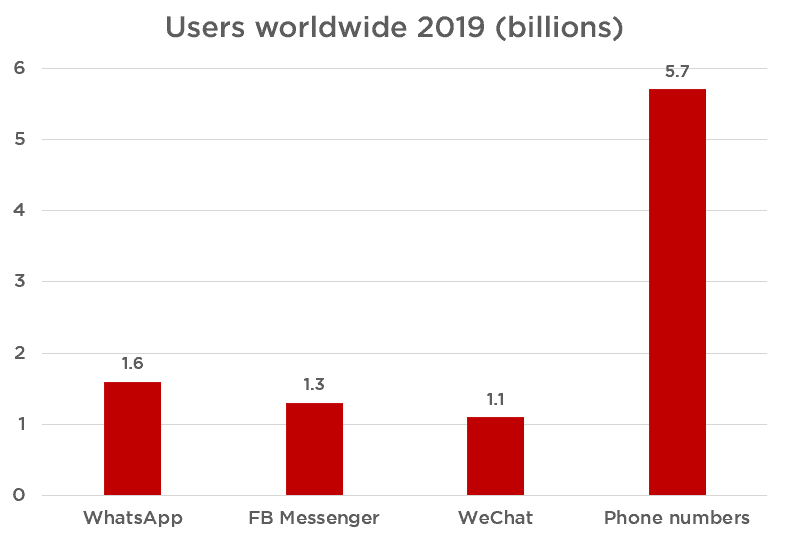Is there a future for the Phone Number?
The phone number is an aging invention from the 1800’s. It still plays a surprisingly important role in our lives. But for how long? Will there be phone numbers in the future – or are they on the brink of extinction?
These are some of the questions that we will answer in this article.
Not so user friendly
A phone number is actually a pretty poor user interface for communicating with people.
No one in their right mind would regularly type in numerical IP-addresses for reaching websites. Very few would answer with longitude and latitude if asked for the nearest Starbucks and exceptionally few would present themselves to a new acquaintance with their passport number.
The human brain is simply not optimized for remembering long sequences of digits.
So why are long and cryptic numerical addresses still acceptable when we want to talk to someone?
Not invented yet
For web sites it has been possible from the start in the 90’s to hide the IP-addresses behind something user friendly, such as jeffspizza.com.
For phone numbers there still isn’t any similar global solution – after more than 100 years.
That’s a shame.
But admittedly, things have become gradually better. There’s actually a pretty good workaround available in your pocket.

Mobile contacts help you hide most of your commonly used numbers – and click on something more meaningful – like “Mum”.
Additionally, Google and others give you “Call” buttons to click on whenever you google for sushi or pizza – negating the need for you to ever type the number.
So that’s a step in the right direction for sure.
But why dress up up a century old invention – when there is an abundance of cooler new options?

An abundance of free options
There are a lot of ways to call people today that didn’t exist some years ago.
WhatsApp, Skype, Facetime, Facebook Messenger – just to mention a few – are already in the hands of billions of people, allowing you to make free calls to loved ones and people you work with.
So what can phone numbers possibly have to offer in competition with all these easy-to-use and free apps?
Are the days of phone numbers counted? Are they at the brink of sudden extinction – like the dinosaurs?
Well. Maybe not.
Here are the two reasons why phone numbers havn’t become extinct yet and probably will be around for a few decades more.

1. Quality - surprisingly
In a world where every 5 year old has a smart phone capable of streaming HD videos, it seems counter-intuitive that a century old telephone network would have anything to offer in the context of quality.
But it does.
Throwing a hundred years on a problem helps
Imagine placing 100,000 really brainy engineers in a cave for a hundred years, dedicated to the sole task of enabling great audio conversations between people across really bad connections.
After a few decades on the task, there would no doubt be a few bright ideas emerging making the seemingly impossible possible.
This is why a regular broadband connection at your home – with 100 Mb/s – theoretically could handle up to 10,000 simultaneous calls.
This – surprisingly – still makes the telephone network a winner when dependable call quality is needed.
Why the Internet still isn’t good enough
When you watch an HD movie, your browser will buffer enough of the video to handle all the unexpected traffic jams that happen on the Internet. The applications handle the shortfalls of your Internet connection, and it doesn’t matter to you, if the part of the movie that you are watching was downloaded a minute ago or a few milliseconds ago.
Phone calls don’t have this luxury.
Any delay of audio in a phone call beyond half a second will have you interrupting each other in a very rude way – making any meaningful conversation impossible.
The Internet – and especially the last mile with wifi and 3g is simply not tailored to the needs of phone calls.
It works pretty well most of the time, but not always.
The new mobile broadband technology 5G certainly fixes this, but it will take ages before you can travel across a country on any small road, and be sure to have a 5G connection. Until then, you have to expect downgrades to lesser technologies whenever you move around.
This unfortunately means that regular old phone calls will continue to be the more reliable option for years to come.

2. Everyone can reach you
WhatsApp has 1.6 billion users, Facebook Messenger has 1,3 billion and WeChat 1,1 billion according to Statista.
These are mind-boggling numbers.
But at the same time there are 5,7 billion people that have a phone number subscription and can make calls.
Phone numbers have had a 130 year head-start compared to the others.
This is plenty of time to roll out and penetrate the most distant edges of the world.
This gives the phone number a surprising edge compared to the others.
So if you run a business, and want to be available to all potential customers – the phone number is unfortunately still the only option around.

Phone numbers - the new way
So, while it seems as if phone numbers will hang around for many more years to come – despite their shortcomings – there is no reason for you to use them in the old school way.
Virtual phone numbers offer you the ability to have a phone number that isn’t connected to a phone line and to either answer calls across the Internet or forward calls to a mobile number of choice anywhere in the world at the cost of a local call.
For a business, a virtual number provides the optimal flexibility – and marries the century old invention with the capabilities of the Internet.
You can even get one for free.
So face it.
If you run a small business and don’t have a phone number – it’s time to get one.




